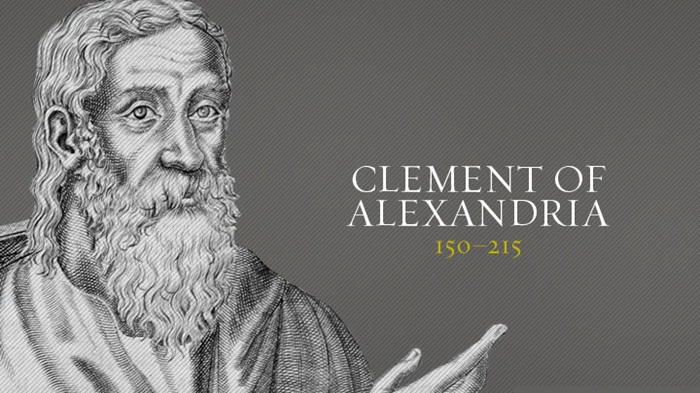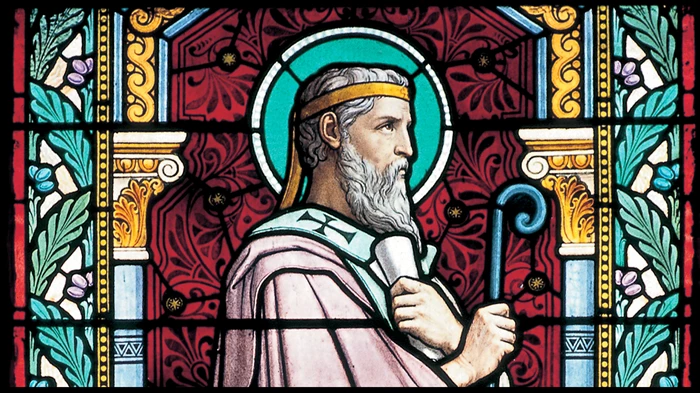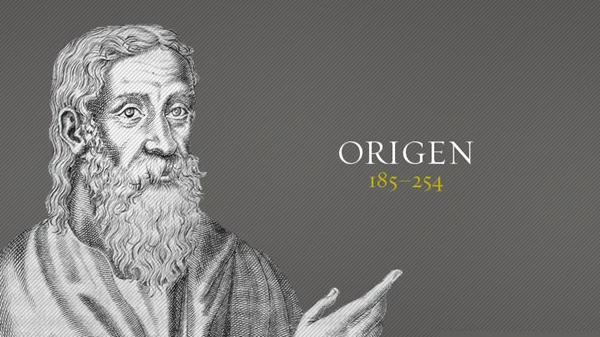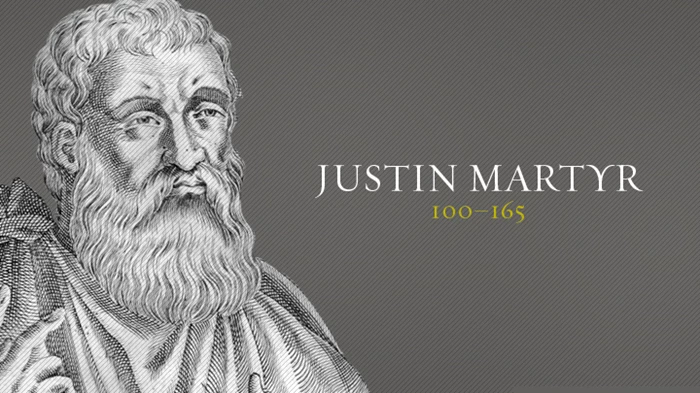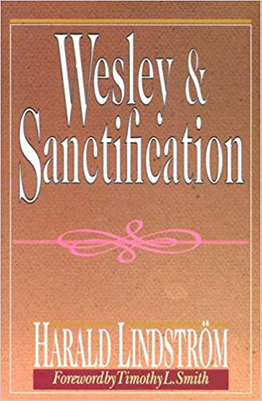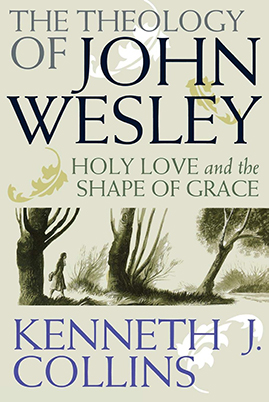In the Exhortation to the Greeks, Jesus Christ, the Word, and the New Song appears as the center of Clement’s theology. Clement’s theology of the Word sometimes appears in a Johannine form. In the beginning was the Word, and the Word was with God, and the Word was God. By the Holy Spirit, the Word “arranged in harmonious order this great world”, and He also arranged “the little world of man” (Exh. I). God created man in His image, and the image of God is His Word (Exh. X). The Word is the “all-harmonious” instrument of God, and He created man as a “breathing instrument” to make music to God (Exh. I).
Man was created innocent and free (Exh. XI), but the serpent deceived Eve (Exh. I). Adam and Eve fell victims to pleasure and became slaves (Exh. XI). The same deceiver, who deceived the first man, did the same thing again through the Greek poets. The Greek poets were deceivers and they were influenced by demons (Exh. I). Under the cover of music, the poets led humans to ignorance, which is the cause of idolatry (Exh. X). According to Clement, it seems that man became in the slavery of wicked wave, or wicked song, from which he needs to flee (Exh. XII).
The new song, Jesus Christ, or the true champion, came to restore humanity and to revive those who were dead, through hearing the new song. The Word intended to open the eyes of the blind and the ears of the deaf (Exh. I). He wants to bring them from ignorance to knowledge (Exh. X). The trumpet of Christ is His gospel. The commandment of the Lord gives light to the eyes. When we receive His commandment, we receive Him, the universal light, and the power to see (Exh. XI). The word of God makes us sacred and divine (Exh. IX). We must come to know the Lord and be enlightened by His rays. We need faith, even a little faith, to inherit His promises (Exh. XI). The Word Himself who anoints us with the ointment of faith, to make us able to cast away corruption and ascend to God (Exh. XII). Hearing the new song, the Word Himself, not only revives humanity but also restores the entire creation into melodious order (Exh. I). The Word transforms man by the power of the Holy Spirit and regenerates him by bringing him back to the truth (Exh. XI). Clement’s advice to those who have already believed is to gather together into one love, corresponding to the union of the One Being. The union of many into one brings a divine symphony that restores the harmonious song to the Father (Exh. IX), therefore man restores his first call to be an instrument in the image of the Word, the “all harmonious” instrument of God.
Clement understands salvation in terms of participation, deification, and vision of God. “The Word of god speaks, having become man, in order that such as you may learn from man how it is even possible to become a god” (Exh. I). Salvation is the participation of His grace (Exh. I). The Word of God is the pilot who brings us by the Holy Spirit into the vision of God. He reveals the mysteries, marks the worshipper with His seal, and gives light to guide his way to the Father (Exh. XII). Clement’s understanding of salvation reflects a kind of mystical Trinitarian theology.


